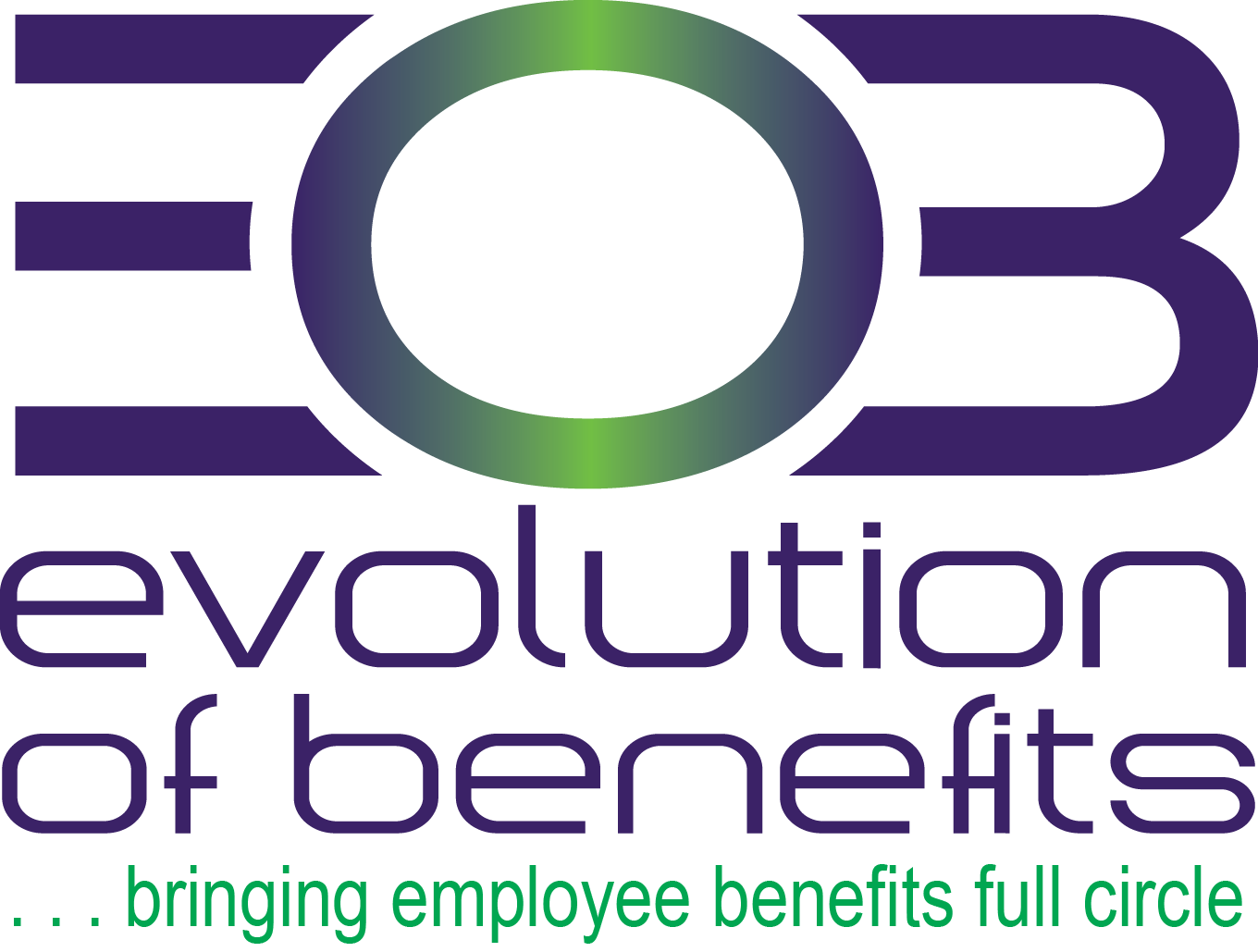7 Spring Well-being Tips🌿🧺🌼

Spring is often associated with warmer weather, increased sunlight and more opportunities to spend time outdoors. These changes can impact your physical and mental well-being, providing you an opportunity to take positive steps to improve your health. This article explores the significance of spring well-being and offers several practical suggestions for making the most of this vibrant season.
EEOC Proposes May 20 Opening and June 24 Deadline for 2024 EEO-1 Reports (May)🚨

In April 2025, the U.S. Equal Employment Opportunity Commission (EEOC) requested approval from the White House Office of Management and Budget (OMB) for its 2024 EEO-1 Component 1 Data Collection Instruction Booklet (EEO-1 Instruction Booklet). If the OMB approves the EEO-1 Instruction Booklet, the EEO-1 portal is scheduled to open on May 20, 2025, and the deadline to file 2024 EEO-1 Reports will be June 24, 2025. The final opening and deadline dates will be published on the EEO-1 portal.
IRS Announces Excepted Benefit HRA Limit for 2026 (May)

On May 1, 2025, the IRS released the inflation-adjusted limit for excepted benefit health reimbursement arrangements (EBHRAs) for plan years beginning on or after Jan. 1, 2026. Effective for 2026 plan years, the maximum annual employer contribution for an EBHRA will increase to $2,200 (up from $2,150 for plan years beginning in 2025).
THE DANGERS OF DOOMSCROLLING

During times of uncertainty or stress, you might find yourself scrolling through your phone, unable to stop consuming negative news and social media content. Although this habit, known as doomscrolling, is common, it can be harmful to your physical and mental health.
This article explains the dangers of doomscrolling and provides tips for reducing this behavior.
RECOGNIZING GOOD AND BAD STRESS

Stress is often perceived as a negative force that impacts our overall well-being. However, not all stress is detrimental. Stress is common and healthy; it’s your body’s way of responding to threats, challenges and demands. Good stress, known as eustress, is healthy and can serve as a powerful motivator to tackle challenges. Understanding the difference between good and bad stress is crucial for maintaining a balanced and productive life.




















